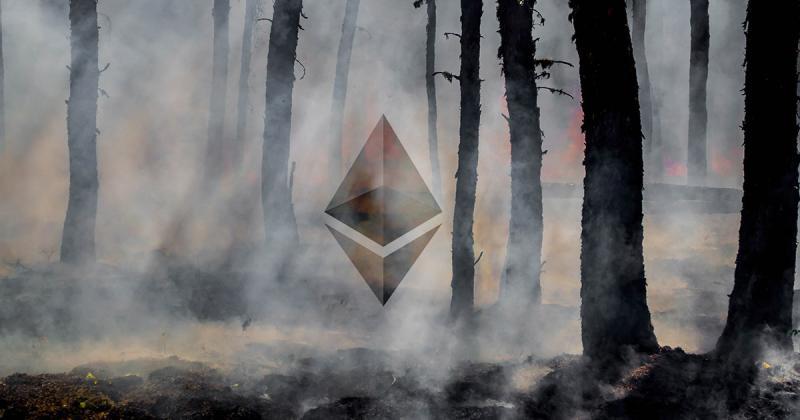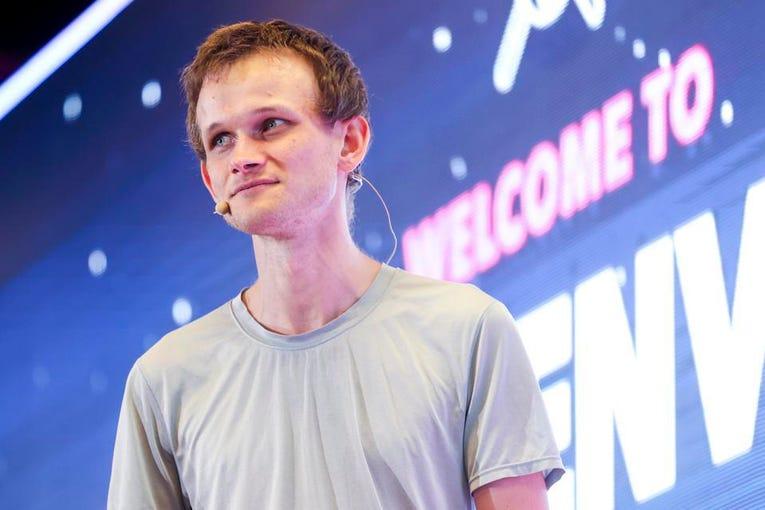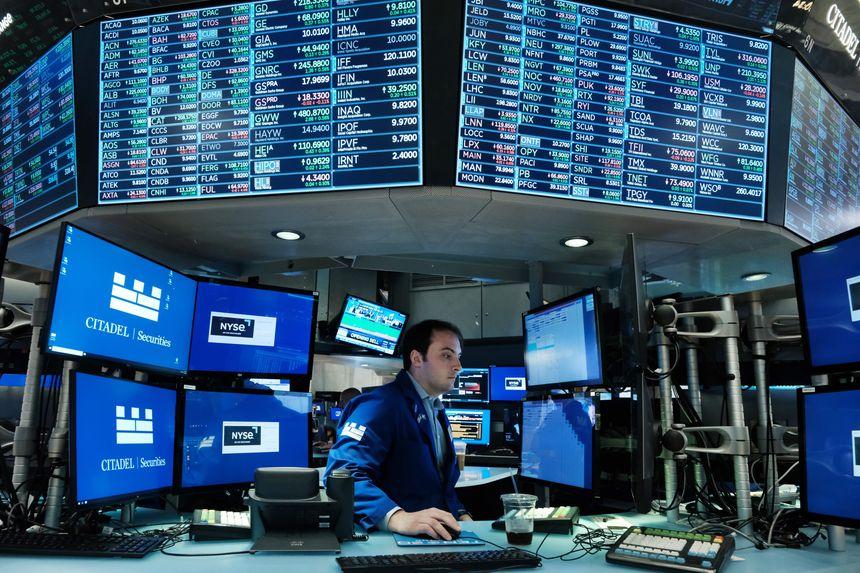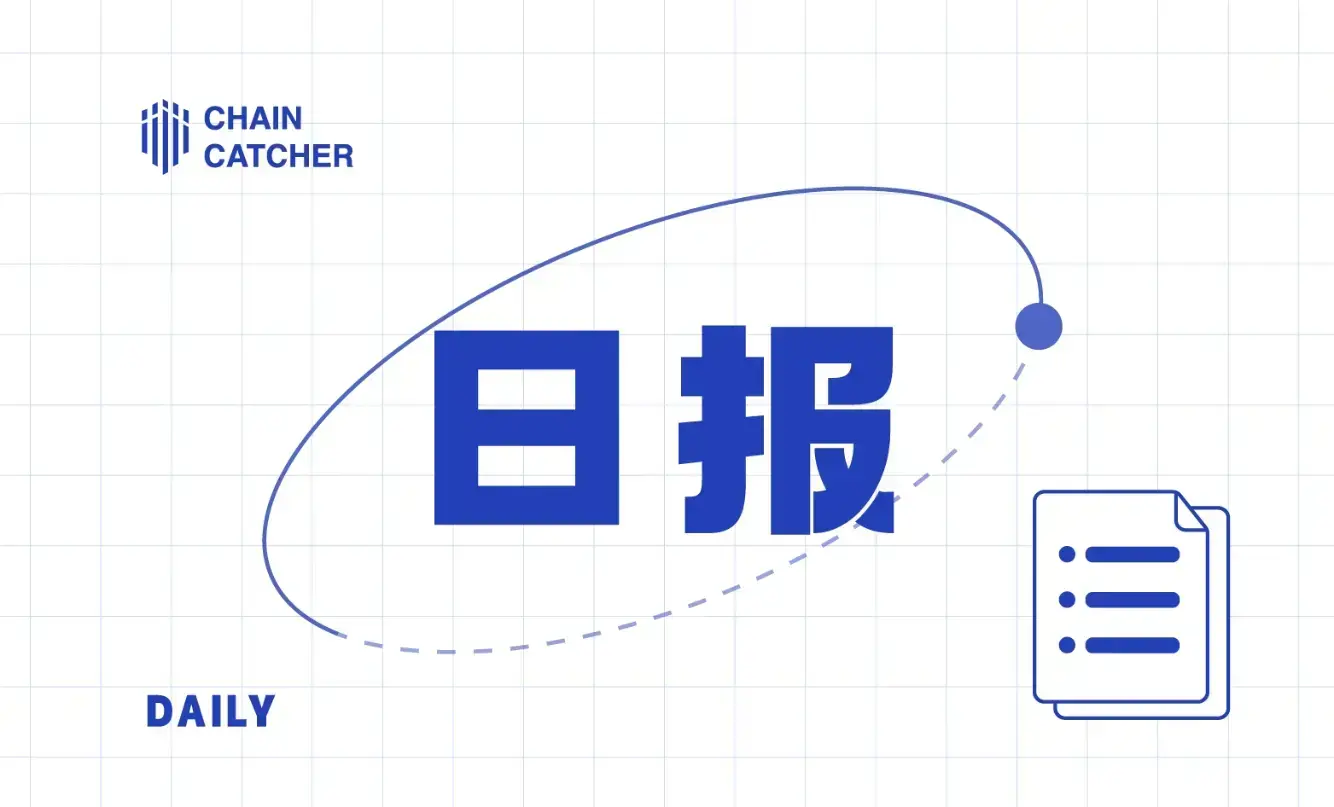Vitalik: Is there freedom of speech in the cryptocurrency community?
This article was published on ChainLink Finance, by author Vitalik.
"The statement may be true, or it may be dangerous. The previous sentence is such a statement." --- David Friedman
Freedom of speech has been a topic that many internet communities have been striving to address for the past 20 years. A significant part of the existence of cryptocurrency and blockchain communities is anti-censorship, especially with a strong emphasis on freedom of speech. However, in recent years, the rapid development of these communities and their financial growth have repeatedly tested the application and limitations of this concept.
In this article, I aim to clarify some contradictions and elucidate what the norms of "freedom of speech" truly represent.
"Freedom of Speech Law" vs. "Freedom of Speech"
A common and frustrating argument I often hear is that "freedom of speech" is entirely a legal restriction on what the government can do, with no say on the actions of private entities such as companies, private platforms, internet forums, and meetings.
One of the larger examples of "private censorship" in the cryptocurrency community is when Themos, the moderator of the /r/bitcoin subreddit, decided to impose strict moderation on the subreddit, banning discussions about increasing the transaction capacity of the Bitcoin blockchain through hard forks.

Here is a timeline of censorship compiled by John Blocke:
https://medium.com/johnblocke/a-brief-and-incomplete-history-of-censorship-in-r-bitcoin-c85a290fe43
Here is Theymos's post defending his policy:
https://www.reddit.com/r/Bitcoin/comments/3h9cq4/its_time_for_a_break_about_the_recent_mess/, which includes the now-infamous line: "If 90% of /r/Bitcoin users think these policies are intolerable, then I hope those 90% of /r/Bitcoin users leave."
Defenders of Theymos's censorship often use the strategy that strict moderation is acceptable because /r/Bitcoin is a "private forum" owned by Theymos, and therefore he has the right to do whatever he wants within it; those who dislike it should move to other forums:

Indeed, their moderation of the forum does not violate any laws, but for most people, it is clear that there is still some violation of freedom of speech. What is it? First, it is crucial to recognize that freedom of speech in some countries is not just a legal matter, but also a social principle.
Moreover, the fundamental goal of social principles is the same as that of laws: to create an environment where winning ideas are good ideas, rather than just the ideas that happen to be held by those in power. Government power is not the only kind of power we need to protect; companies have the power to fire someone, and forum moderators have the power to delete almost all posts in a discussion thread, along with many other hard and soft powers.
So what is the basic social principle here? Quoting Eliezer Yudkowsky:
In the art of human rationality, there are rarely any prohibitions without "ifs," "ands," "buts," or "disclaimers." This is one of them. Bad arguments invite rebuttals. They do not go unanswered. Never. Ever. Forever and ever.
Slatestarcodex elaborates:
What does the "bullet" quoted above mean? Does it cover other projectiles? Arrows? Boulders launched from a catapult? What about melee weapons like swords or maces? Where do we draw the line on "improper responses to arguments"? A good response to an argument is one that engages with the idea; a bad argument is one that silences it. If you are trying to present an idea, your success depends on how good that idea is; if you are trying to suppress it, your success depends on how powerful you are and how many pitchforks and torches you can muster in a short time. Shooting bullets is a good way to silence ideas rather than address them. Launching boulders from a catapult, cutting someone with a sword, or gathering a mob wielding pitchforks is the same. But trying to get someone fired for holding an idea is also a way to suppress ideas without addressing them.
That said, sometimes "safe spaces" make sense, in which people simply do not want to gather to deal with certain types of arguments for whatever reason, and those arguments are indeed suppressed. Perhaps the least harmful are spaces like ethresear.ch. In these spaces, posts may be closed for being "off-topic" to keep discussions focused. But the concept of "safe spaces" also has a dark side; as Ken White wrote:
You might be surprised, but I am a supporter of "safe spaces." I support safe spaces because I support freedom of speech. Safe spaces, if designed in a principled way, are merely an application of freedom, but not everyone can envision such a "safe space." Some people use the concept of "safe spaces" as a sword to conquer public spaces and demand that people in those spaces adhere to their private norms. That is not freedom of speech.
Therefore, creating your own safe space in a corner is perfectly fine, but there is also the concept of "public space," and trying to turn public space into a safe space for special interests is wrong. So what is "public space"? Clearly, public space is not just "space owned or operated by the government"; the concept of privately owned public space is a recognized concept.
This is true even in informal settings. It is a shared moral intuition, for example: for private individuals, committing illegal acts of discrimination based on race and gender is worse than doing the same in a shopping mall. In this case, or regardless of the /r/bitcoin subreddit, whoever technically holds the highest moderator position in the subreddit can argue that the subreddit is largely a public space. Several arguments stand out:
- It occupies "prime real estate," especially with the term "Bitcoin," which makes it the default place for discussing Bitcoin.
- The value of this space is not only created by Theymos but by thousands of people who come to the subreddit to discuss Bitcoin, implicitly expecting it to be a public space for discussing Bitcoin.
- The policy shift by Theymos surprised many, and this shift was unforeseen.
In contrast, if Theymos had created a subreddit named /r/bitcoinsmallblockers and explicitly stated that it was a space curated for a minority of supporters and that attempts to incite controversial hard forks were unwelcome, it seems few would have seen a problem with that.
They would oppose his ideas, but few (at least in the blockchain community) would try to claim that it is inappropriate for people to oppose having an ideological space for internal discussion. But back to reality, Theymos attempted to "occupy a public space and demand that people within that space adhere to his private norms," leading to the fracturing of the Bitcoin community, highly contentious forks, and now a cold peace between Bitcoin and Bitcoin Cash.
De-platforming
About a year ago, I publicly called out the self-proclaimed Satoshi Nakamoto fraud Craig Wright at Deconomy, ending my meaningless explanations of everything he said and posing the question: "Why is this fraud allowed to speak at this conference?"
Of course, Craig Wright's supporters responded to the accusations of censorship:

Am I trying to "silence" Craig Wright? I would say no. Some might argue that "Deconomy is not a public space," but I think a better argument is that conferences are fundamentally different from internet forums.
Internet forums can actually attempt to be completely neutral mediums for discussing anything; on the other hand, conferences are essentially a curated list of speeches, allocating a limited number of speaking slots and actively diverting a lot of attention to those who have the opportunity to speak. Conferences are an editorial act by the organizers, who say, "Here are some ideas and viewpoints that we think people should really be exposed to and hear."
Every conference "censors" almost all viewpoints because there is not enough space for everyone to have a chance to speak; this is an inherent aspect of conferences; therefore, objecting to the choices made at a conference is absolutely a legitimate act.
This extends to other types of selective platforms. Online platforms like Facebook, Twitter, and YouTube have actively chosen through algorithms that influence what content people are more likely to be recommended. Typically, they do this for selfish reasons, setting their algorithms to maximize "engagement" on their platforms, which often has unintended side effects, such as promoting flat Earth conspiracy theories.
Therefore, given that these platforms are already engaging in (automated) selective presentation, it seems very reasonable to criticize them for not leveraging these levers for more prosocial goals, or at least for prosocial goals that all major rational political groups agree upon. (For example, high-quality intellectual discourse).
Moreover, "censorship" does not seriously hinder anyone's understanding of Craig Wright's story; you can visit their website at: https://coingeek.com/. If someone is already operating a platform that can make editorial decisions, it seems very reasonable to ask them to make similarly important but more socially responsible decisions.
A recent example is the DelistBSV movement, where some cryptocurrency exchanges, most notably Binance, canceled support for trading BSV (the Bitcoin fork promoted by Craig Wright). Once again, many, even rational people, accused this movement of being a censorship action, likening it to credit card companies blocking WikiLeaks:

I have personally been critical of the power held by centralized exchanges. Should I oppose DelistBSV on the grounds of freedom of speech? I would say no, supporting it is fine, but it is definitely a closer call.
Many participants in DelistBSV, like Kraken, are certainly not "all-purpose" platforms; they have made many editorial decisions about which currencies to accept and reject. Kraken only accepts about 12 currencies, so they are passively "censoring" almost all currencies. Shapeshift supports more currencies but does not support SPANK or even KNC. So in both cases, delisting BSV is more like a reallocation of scarce resources (attention/legitimacy) rather than censorship.
Binance is different; it does accept a large number of cryptocurrencies, adopting a more inclusive approach, and it holds a unique position among market leaders with substantial liquidity.
That said, Binance's perspective can be argued from two angles. First, censorship is a malicious retaliation against critics like Peter McCormack, who threaten members of the BSV core community with legal letters; in an "anarchic" environment, there are significant disagreements about norms, and "an eye for an eye" retaliation is a better social norm because it ensures that people only face the consequences of their actions that they believe are legitimate in some sense.
In general, opposing the existence of concentrated power may be absolutely reasonable, but as long as such concentration exists, it supports concentrating power for purposes you believe are beneficial to society; see Bryan Caplan's explanation of coordinating support for open borders and supporting anti-Ebola restrictions as another example.
Opposing concentrated power only requires people to believe that these concentrations of power are overall harmful and abusive; this does not mean one must oppose everything that these concentrations of power do.
If someone successfully conducts completely permissionless cross-chain decentralized trading, facilitating transactions between any asset and any other asset, then "listing" on that exchange would not send a social signal because everyone is listed; I support the existence of such exchanges, even if they support BSV trading. What I support is removing BSV from the already existing exclusive status that confers a higher level of legitimacy than mere existence.
So the conclusion is: even if public space is non-governmental, censorship in public space is bad; censorship in truly private spaces (especially those that are not the "default" for the broader community) is acceptable; excluding projects with the intent and effect of denying access to them is bad; excluding projects with the intent and effect of denying their rare legitimacy is acceptable.










